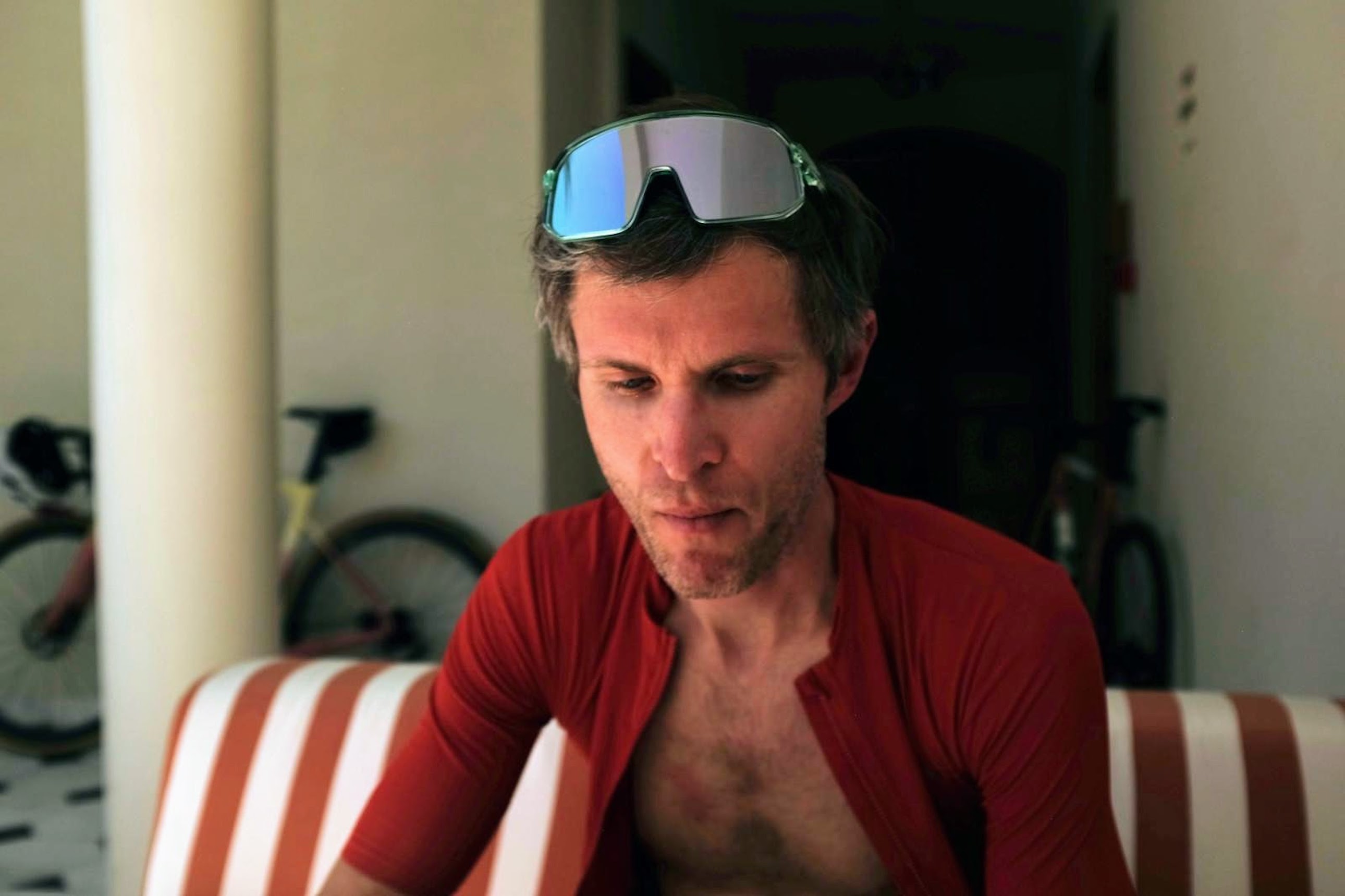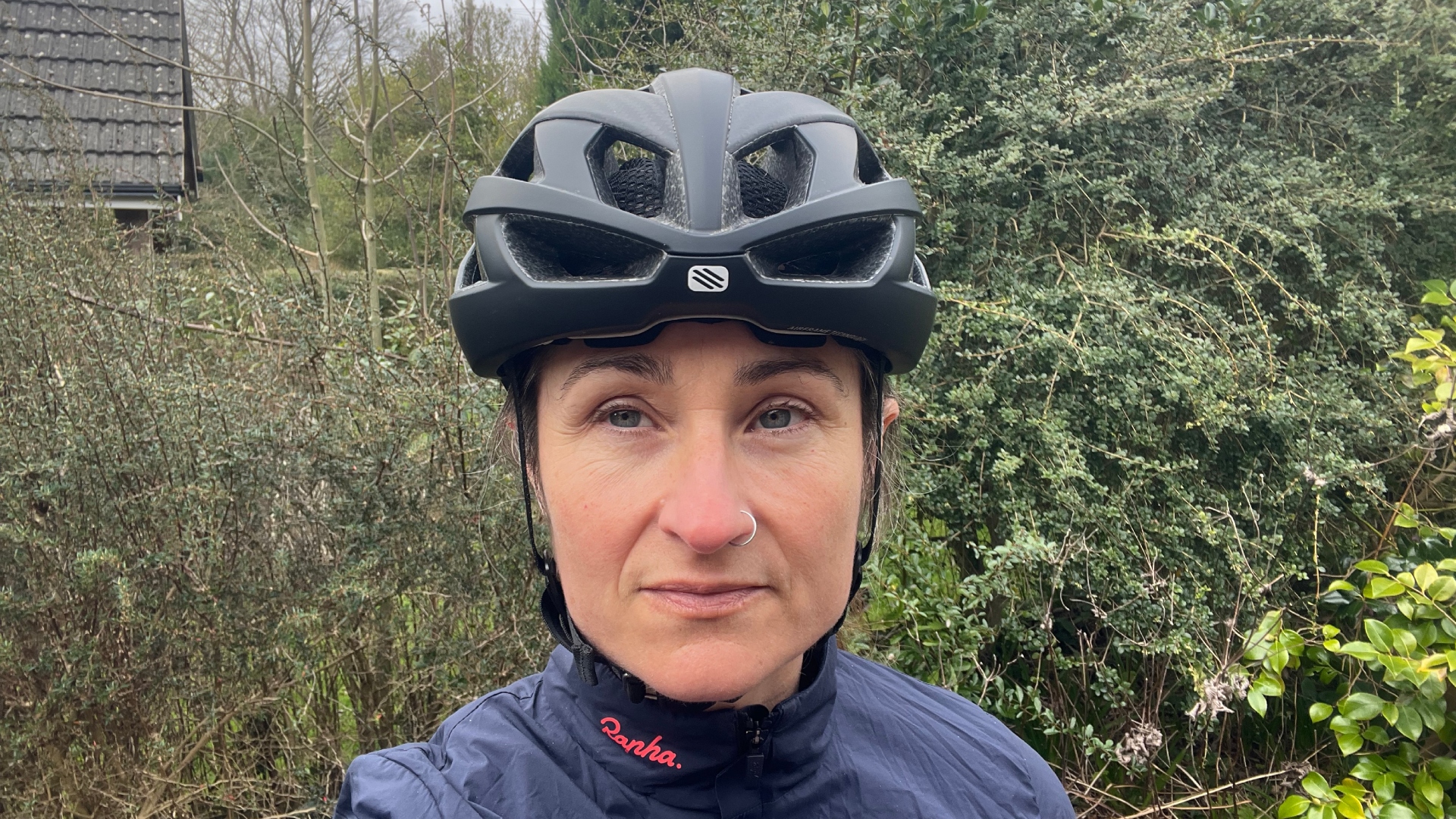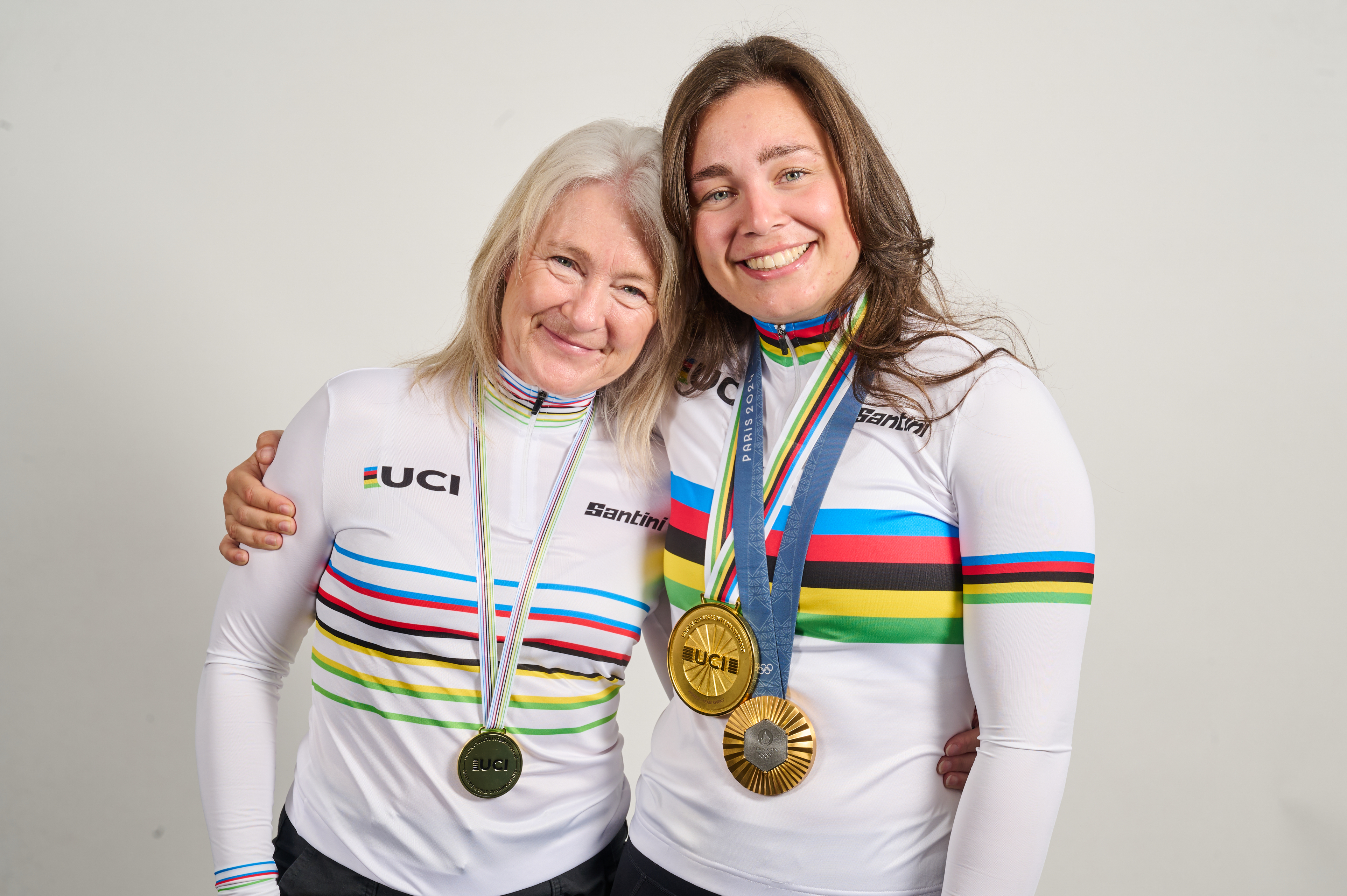I'm a professor of physiology - here are 15 ways cyclists can avoid winter illness
An expert in athlete immunity has the lowdown on how to stay infection-free over winter


There are certain nagging questions in cycling that have a tendency to generate conflicting opinions and a confusing array of different views. In this ASK THE EXPERT series from Cycling Weekly’s print edition, we seek to clear up confusion by seeking out the experts best qualified to provide, if not the final word, then at least authoritative advice supported by verified expertise.
Neil Walsh, a professor of physiology at Liverpool John Moores University, has been researching strategies to avoid immune suppression and infection among athletes for the past two decades. In this feature he answers our questions about immune health, how to avoid illness and how to stay healthy.
Firstly, what do we mean by ‘immune health’?
We would typically talk about resistance to infections – how likely you are to pick up common colds and flu. What underpins this is immune defence, the barriers your body puts up, from your skin, to antibodies in your saliva and tears, which provide the first line of defence. The second line of defence are immune cells; and the third line of defence is the acquired immune system, which produces antibodies, responding to infectious organisms you’ve contracted before.
Does training hard compromise your immune system?
Interestingly, if you’d asked me that question 10 years ago, I’d have given you a different answer. We used to think that heavy exercise zapped the immune system and that the few hours after exercise were an ‘open window’ for infections to get a foothold. But in the last 10 years, we’ve come around to the thinking that endurance athletes generally have very good immune systems. They have three common colds a year on average, which is very normal, and there is scant evidence that they are ever clinically immune-suppressed.
Is it OK to train with a cold?
Get The Leadout Newsletter
The latest race content, interviews, features, reviews and expert buying guides, direct to your inbox!
Cyclists should employ common sense around this question. I still recommend the ‘neck check’: if you get up in the morning and have below-the-neck symptoms – fatigue, inflammation, soreness, cough, etc – you should not exercise until you feel better. There is good evidence that if you exercise with systemic symptoms below the neck, you are liable to protract the infection and make it worse.
15 ways to evade winter bugs
1. Try to avoid sick people, e.g. crowded, poorly ventilated spaces.
2. Ensure good hand hygiene and get vaccinated.
3. Avoid self-inoculation – try not to touch your eyes, nose and mouth.
4. Do not train or compete with ‘below-the-neck’ symptoms.
5. Monitor and manage both physical and psychosocial stresses.
6. Carefully calibrate training stress by increasing it in increments.
7. Avoid very long rides in favour of higher intensity.
8. Plan recovery or adaptation week every second or third week.
9. Aim for at least seven hours of sleep each night.
10. Eat a well-balanced diet and be sure to avoid chronic low energy availability.
11. Match energy intake to expenditure; avoid crash dieting.
12. Ensure adequate protein intake (1.2−1.6g/kg body mass/day).
13. Take 1,000IU/day vitamin D3 from autumn to spring.
14. At the onset of a cold, take zinc acetate lozenges (75mg/day).
15 Consider taking a daily probiotic.
Source: ‘Recommendations to maintain immune health in Athletes’ by Neil P. Walsh, European Journal of Sport Science
If exercise doesn’t suppress the immune system, what does?
We know now that the things that make athletes more susceptible to infection are largely the same as in non-athletes. These include psychological stress, high levels of anxiety, poor sleep, poor hygiene, and long-haul travel. Autumn is the peak period for colds, while January is peak flu season. Riders need to think about their lifestyle in a holistic way, limiting their exposure to pathogens.
What practical steps can riders take to avoid illness?
Stop touching your nose, your eyes and your mouth – something I’ve said to the best cycling teams in the world. Get the basics right: good hygiene, not training when you’re sick, and not returning to training until you’ve been free of symptoms for a day or two.
Hygiene includes regularly disinfecting bidons, right?
Yes, that’s a really good point. Bottle hygiene is well worth considering. A poorly cleaned bottle is a really great place to grow pathogens! Wash them thoroughly after every use, and soak in a weak disinfectant solution such as Milton sterilising fluid from time to time.
Does exercise help maintain the immune system?
Yes, when you exercise regularly, you create an anti-inflammatory environment. Of course, sometimes you need inflammation – for example, a runny nose or cough are signs of the immune system doing its job – but you need a balance between the inflammatory and anti-inflammatory sides of the immune system. Cyclists tend to have less body fat, and that’s good news because some of the immune cells in fat produce inflammatory cytokines. Individuals with excess fat are more pro-inflammatory, which is implicated in diabetes, cardiovascular disease, etc. Having better fitness and less fat means less inflammation.
Is eating too little or being too thin also a risk to immune health?
This is an extremely complicated area, with a really weird paradox. Patients with anorexia nervosa seem to be protected from infections until they get to the advanced stages of the condition – as though the immune system is protected. It’s an area that requires more research, but it is not clear-cut that limiting caloric intake harms the immune system in the short term.
What are the key nutritional considerations? Should we be taking any supplements?
The key thing is to ensure you’re eating enough protein. This isn’t usually an issue provided you’re eating a mixed, balanced diet. In the winter, when we can’t produce enough vitamin D from sunlight, taking a supplement is strongly advised. At the first sign of a common cold, zinc lozenges seem to shorten the period of symptoms, as well as their severity. Don’t take zinc longer-term, though, unless you have a deficiency. There is some evidence that daily probiotics can have an immune benefit, while echinacea can be effective in people with weakened immune systems.
What have we learnt from Covid, in terms of social distancing and mask wearing?
It’s difficult knowing where to draw the line. Avoiding being around sick people helps to reduce transmission. Hand-washing, not touching your face – again, these basics are definitely worthwhile. We know that athletes are vulnerable to picking up illnesses during long-haul travel, which is mostly down to exposure. Masks seem to be more effective at preventing you from passing on a virus, rather than the other way around.
The full version of this article was published in the 18th January 2024 print edition of Cycling Weekly magazine. Subscribe online and get the magazine delivered to your door every week.

Thank you for reading 20 articles this month* Join now for unlimited access
Enjoy your first month for just £1 / $1 / €1
*Read 5 free articles per month without a subscription

Join now for unlimited access
Try first month for just £1 / $1 / €1

David Bradford is features editor of Cycling Weekly (print edition). He has been writing and editing professionally for more than 15 years, and has published work in national newspapers and magazines including the Independent, the Guardian, the Times, the Irish Times, Vice.com and Runner’s World. Alongside his love of cycling, David is a long-distance runner with a marathon PB of two hours 28 minutes. Having been diagnosed with retinitis pigmentosa (RP) in 2006, he also writes about sight loss and hosts the podcast Ways of Not Seeing.
-
 Rudy Project Rebel bike helmet review
Rudy Project Rebel bike helmet reviewRebelling against the solid shell oversized helmet fashion, the Rudy Project Rebel goes big on ventilation and breathability, but there is a weight penalty
By Hannah Bussey Published
-
 'I wanted to be world and Olympic champion – my parents made me feel that it was possible': Meet Sophie Capewell and her gold medal-winning mum
'I wanted to be world and Olympic champion – my parents made me feel that it was possible': Meet Sophie Capewell and her gold medal-winning mumSome mothers and daughters make memories together. The world-beating Capewells make history too. Tom Davidson meets the extraordinary duo
By Tom Davidson Published